6 Facts about Monkeypox
Advertisement
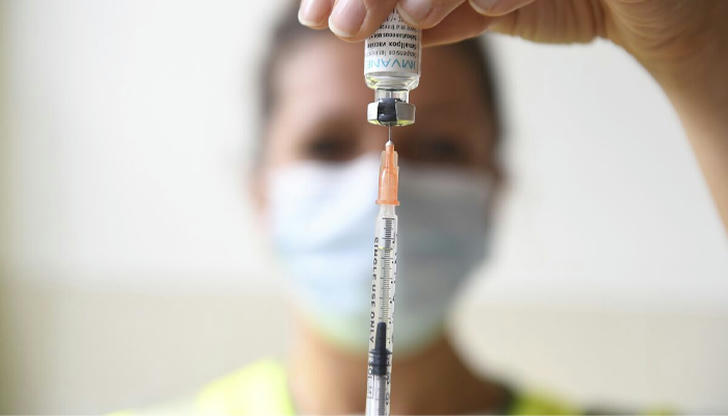
Recently, many cases of monkeypox are reported in United Kingdom, the United States, Spain and other countries. The World Health Organization said it would not rule out finding more cases in the future. Although monkeypox is rare, we still need to have a clear idea about it to reduce your risk of getting it.
What are symptoms of Monkeypox?
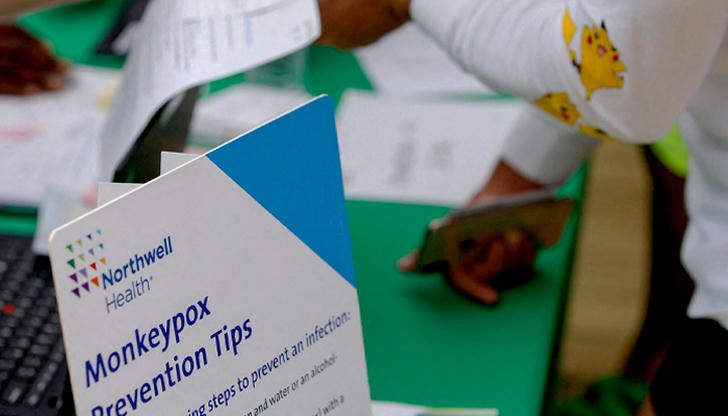
The illness begins with:
• Fever
• Headache
• Muscle aches
• Backache
• Swollen lymph nodes
• Chills
• Exhaustion
• A rash that forms blisters and crusts over
Usually the time from exposure to onset of symptoms is around 10 days. The duration of symptoms is typically two to four weeks.
How It Outbreaks

According to some American diagnosed cases on Monkeypox, the main reason is someone imported animals, infected with Monkeypox virus, which transmit to co-bred prairie dogs, causing the outbreak of these disease.
Another warning : The 2022 Monkeypox outbreak represents the first incidence of widespread community transmission outside of Africa, which began in the United Kingdom in May 2022, with subsequent cases confirmed in at least 12 countries, including several in Europe, North America, as well as Australia and Israel.
What is It?
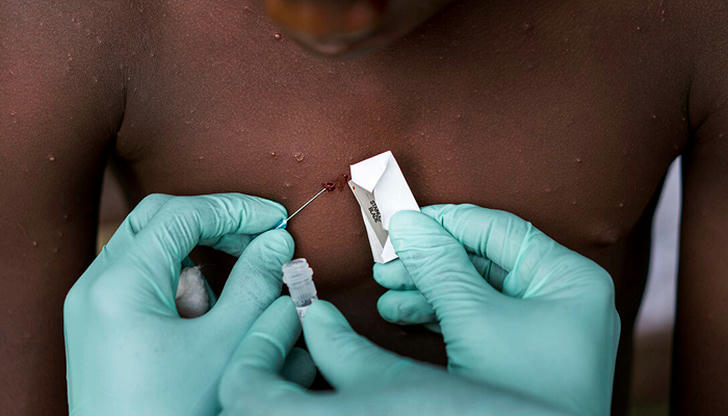
• Monkeypox is a zoonotic diseases, which means that Monkeypox is an infectious disease caused by the Monkeypox virus that can occur in certain animals, including humans.
• This virus was analyzed from laboratory monkeys by European scientists in 1958.
• This virus belongs to the positive pox virus family with smallpox virus, vaccinia virus and etc.
• Its symptoms are similar to smallpox.
• Although named after the monkeys, monkeys are not a natural reservoir of the virus. The main reservoirs of Monkeypox virus are rodents such as squirrels and rabbits.
• Since the first case in humans infected with Monkeypox virus was found in the 1970s, the virus has been mainly transmitted in Africa until the Monkeypox outbreak occurred in the United States in 2003 was traced to a pet store where rodents imported from Ghana.
• Infections are more likely in those suffering from malnutrition, especially in Africa.
• The smallpox vaccine can prevent infection with 85% effectiveness.
How Does Monkeypox Spread?

Monkeypox transmission is mainly caused by humans being bitten by animals infected with Monkeypox virus, or being exposed to the body fluids, secretions, and blood of animals infected with Monkeypox virus. Another transmission way is directly spread through blood and body fluids between an infected person.
What We Need to do
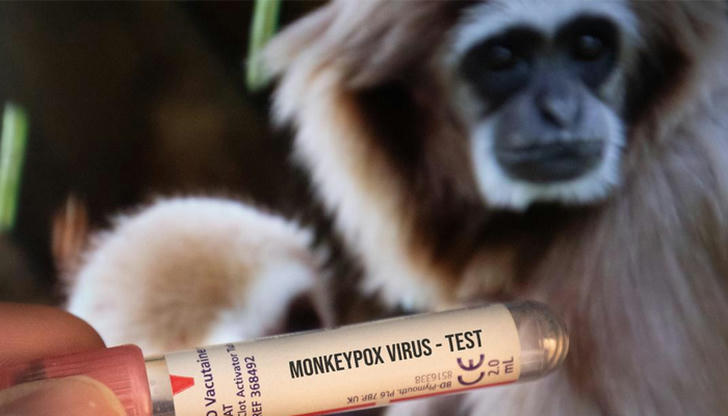
There are some tips for you to avoid getting Monkeypox.
• Do wash your hands with soap and water regularly or use an alcohol-based hand sanitiser
• Only eat meat that has been cooked thoroughly
• Don’t go near wild or stray animals, including dead animals
• Don’t go near any animals that appear unwell
• Don’t eat or touch meat from wild animals (bush meat)
• Don’t share bedding or towels with people who are unwell and may have Monkeypox
• Don’t have close contact with people who are unwell and may have Monkeypox
Some Suggestions for Relevant Department
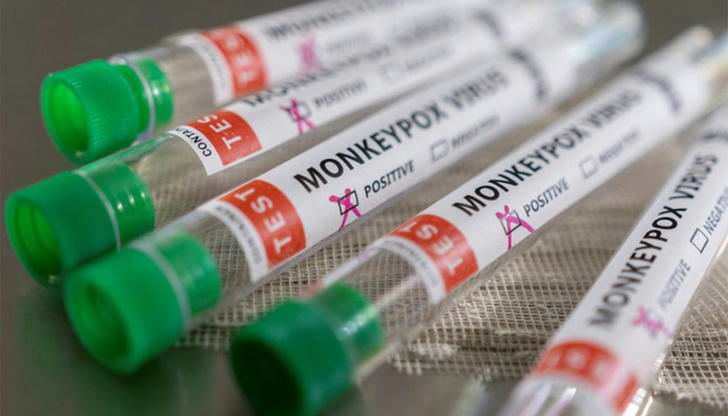
• Rodents and primates that may transmit Monkeypox virus from epidemic areas shall be prohibited;
• All the vehicles, containers, goods and luggage from affected areas should be strictly inspected.
• Some necessary deratization treatment should be taken steps by sanitary supervision department.
• The monitoring capacity and the level of each laboratory should be improved, providing a technical platform and reserving technical force for public health safety incidents and emergency incidents.
• A good job in science popularization and publicity should be done by relevant departments.
• Publicize the laws, regulations, guidelines and policies on wildlife protection, popularize scientific knowledge, carry forward the concept of ecological civilization, and further improve the public's awareness of wildlife protection should be vigorously done by relevant departments.
• Strengthen law enforcement on wildlife protection on cracking down on the hunting, trafficking, processing and sale of wild animals, so as to guide the whole society to actively participate in biodiversity protection and form a harmonious coexistence between human and nature.
• The "Four Early Golden Rules" of early detection, early diagnosis, early isolation and early treatment should be taken great consideration into newly emerging infectious diseases.



